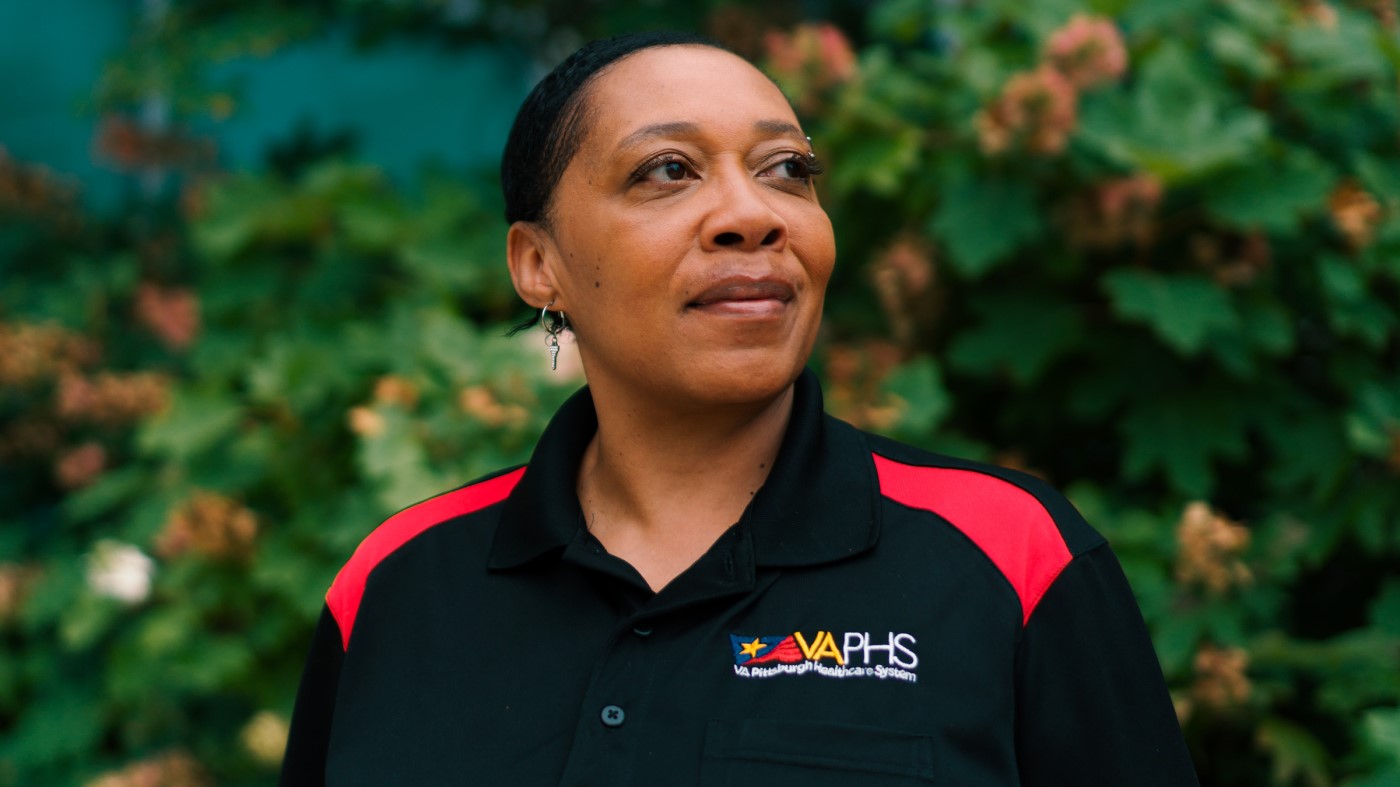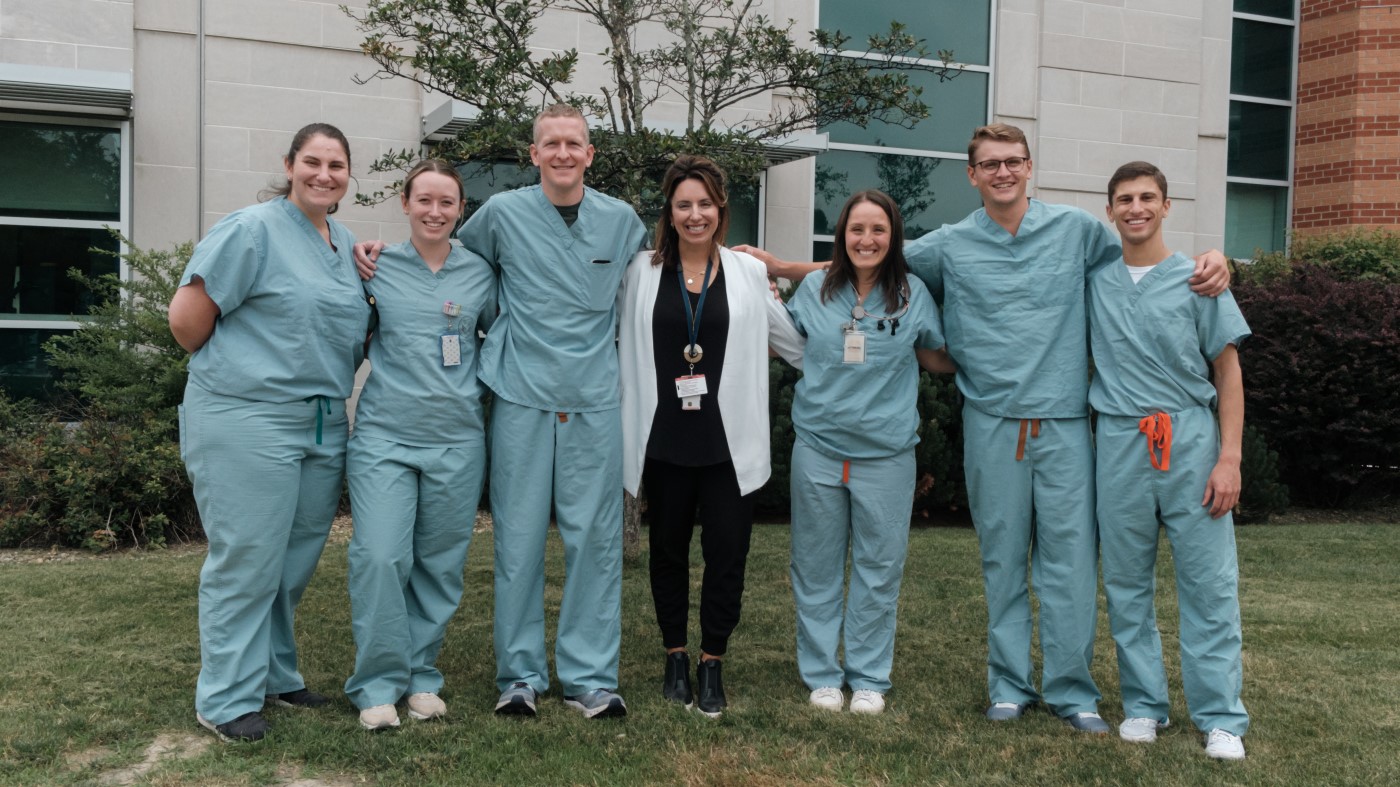Department of Veterans Affairs (VA) Hiring More Than 800 Veterans as Peer Specialists and Peer Support Apprentices.
A guide can be the greatest asset imaginable when starting down a new road, especially the road to recovery. Having someone to talk to who has already walked the path will give you confidence through the turns, inspiration for the goal and a shoulder to share the load through the haul.
The Department of Veterans Affairs (VA) knows that seeking mental health counseling takes courage and strength well before session one, so VA is hiring more than 800 Peer Specialists and Peer Support Apprentices to help their fellow Veterans walk a mile in the shoes that lead to better lives and peace of mind. Peer Specialists and Peer Support Apprentices are Veterans and transitioning military personnel who have been successfully and actively engaged in their own mental health recovery for a minimum of one year. Peer Specialists are trained and certified, while Peer Support Apprentices will be expected to go through training for their certification once hired.
“VA has recognized the value and importance of Veterans being able to see recovery taking place and have a fellow Veteran help them navigate the VA system for quite some time,” said Annie Spiczak, VA’s Assistant Deputy Under Secretary for Health for Workforce Services. “As a VA Peer Specialist or Peer Support Apprentice, Veterans can share their knowledge and experience with other Veterans, so that they, too, may learn to lead the lives they deserve.”
A Peer Specialist is a person with a mental health and/or co-occurring condition, who has been trained and certified to help others with these conditions, identify and achieve specific life and recovery goals. The specialist is actively engaged in his or her own recovery, and who volunteers or is hired to provide peer support services to others engaged in mental health treatment.
A Peer Support Apprentice meets all of the requirements of Peer Support Specialists, except they are not certified. Peer Support Apprentices are also adept at helping Veterans identify the tools and resources necessary to live richer, fuller lives — and have their certification paid for by VA during their first year of employment.
As the Nation’s largest integrated health care system, VA cares for more than 6.3 million Veterans annually, and has seen an increase in the amount of service men and women who are dealing with pressing mental challenges that may include, but are not limited to PTSD, depression, or readjustment to civilian life. VA’s push to hire Veterans who can provide peer support is a key part or a greater effort aimed at increasing access to mental health care services for our Nation’s Veterans by hiring thousands of new mental health professionals.
To learn more about current VA Peer to Peer job opportunities visit: http://www.vacareers.va.gov/peer-to-peer/. To learn about other great career opportunities with VA visit www.vacareers.va.gov.
An eligible Veteran, as defined Public Law 110-387 added 38 U.S.C. § 7402(b)(13), states that to be eligible to receive appointment to a Peer Specialist position, a person must be a Veteran who has recovered or is recovering from a mental health condition; and be certified by either a not-for-profit entity engaged in Peer Specialist training, as having met such criteria as the Secretary shall establish for a Peer Specialist position; or a State, as having satisfied relevant State requirements for a Peer Specialist position.
Topics in this story
More Stories
Whether it’s access to the great outdoors or a calmer pace in your everyday life, you can find it in rural VA communities around the country.
If you’re looking for an opportunity to provide care to Veterans outside a traditional clinical setting, Home Based Primary Care (HBPC) is a great option.
A key part of your job search is finding the right fit for you and your skills, and workplace culture can impact that dramatically.






